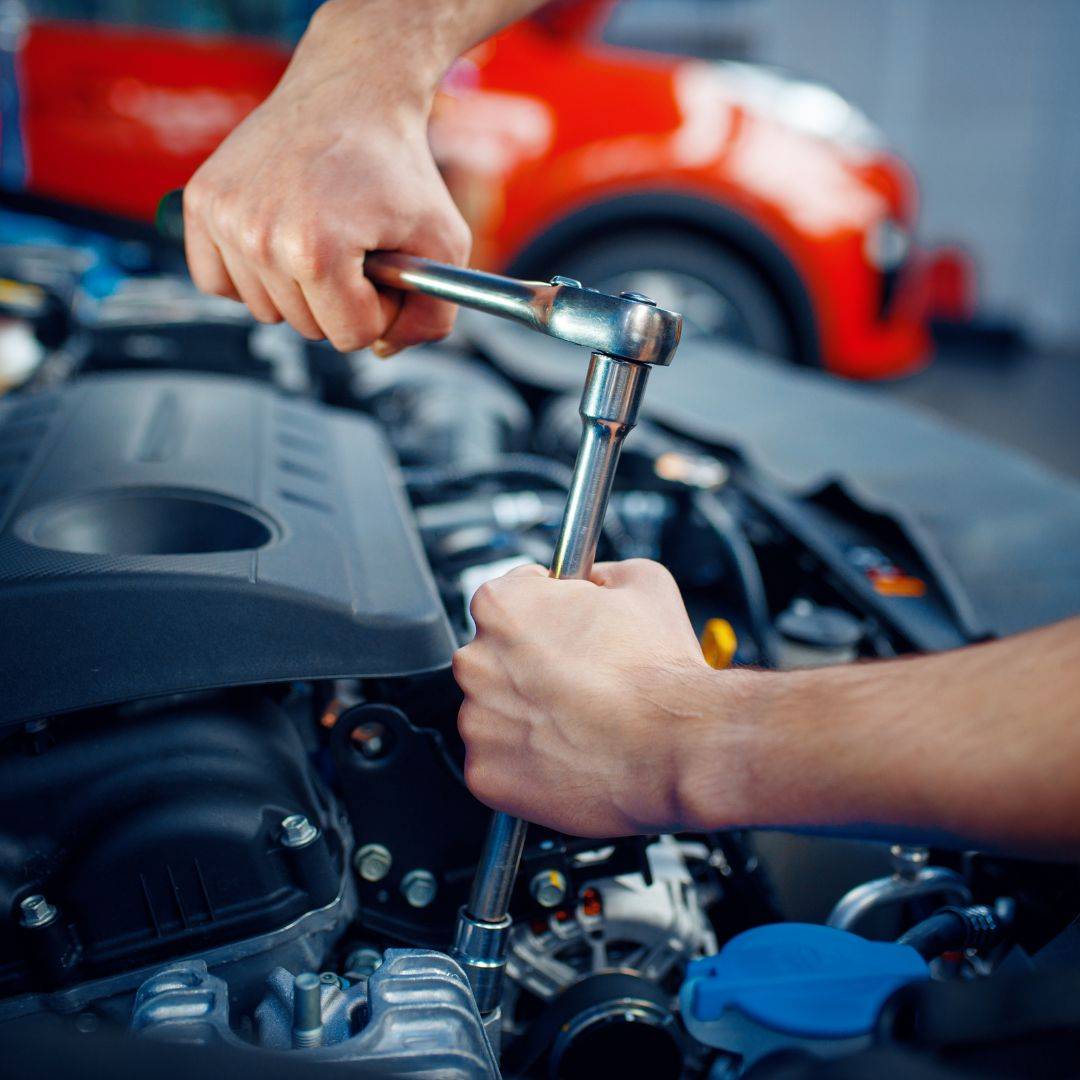How to Fix DPF Issues in Diesel Engines
- Understanding DPF and Its Function
- Common Symptoms of DPF Problems
- Causes of DPF Issues
- Solutions and Preventative Measures
Captivating Lead
Imagine cruising down the highway in your trusty diesel vehicle, only to be greeted by the dreaded engine warning light. Your heart sinks as your car’s performance diminishes, and you’re left wondering what went wrong. If you’re a diesel vehicle owner, this scenario might be all too familiar due to issues with your Diesel Particulate Filter (DPF).
Value Proposition
In this blog post, we will demystify DPF issues, helping you understand what they are, how they affect your vehicle, and what you can do to prevent and fix these problems. By the end of this read, you’ll be equipped with the knowledge to keep your diesel engine running smoothly and efficiently.
Understanding DPF and Its Function
A Diesel Particulate Filter (DPF) is an essential component in modern diesel engines, designed to capture and store exhaust soot to reduce emissions. However, DPFs require regular regeneration to burn off the accumulated soot, a process that can be disrupted by frequent short trips and low-speed driving.
Common Symptoms of DPF Problems
- Warning Lights: The most obvious sign is the DPF warning light on your dashboard.
- Reduced Performance: You might notice a loss of power and sluggish acceleration.
- Increased Fuel Consumption: A clogged DPF can cause your engine to work harder, consuming more fuel.
- Strange Noises: Unusual noises from the engine or exhaust system can indicate DPF issues.
Causes of DPF Issues
- Short Trips: Frequent short journeys prevent the DPF from reaching the temperatures required for regeneration.
- Low-Speed Driving: City driving and idling do not allow for proper DPF regeneration.
- Poor Fuel Quality: Using low-quality diesel can increase soot production.
- Ignoring Maintenance: Skipping regular maintenance checks can lead to unnoticed DPF blockages.
Solutions and Preventative Measures
Regular Long Drives: Ensure your vehicle gets regular long runs at highway speeds to allow the DPF to regenerate fully.
Quality Fuel: Always use high-quality diesel to reduce soot production.
Scheduled Maintenance: Stick to your vehicle’s maintenance schedule, ensuring the DPF and related components are checked regularly.
Professional Cleaning: If your DPF is already clogged, professional cleaning can restore its function.
Provocative Questions
Have you noticed any of these symptoms in your vehicle? What steps have you taken to address DPF issues? Share your experiences and tips in the comments below!
Wrap-Up
Understanding and addressing DPF issues is crucial for maintaining the performance and efficiency of your diesel vehicle. By taking preventative measures and staying vigilant, you can avoid the costly and inconvenient problems associated with a clogged DPF.
Need assistance?
Is your diesel vehicle showing signs of DPF trouble? Don’t wait until it becomes a costly repair. Visit our homepage at Laois Auto Care to schedule a maintenance check and keep your engine running smoothly!
Tags
DPF issues, diesel engine problems, car maintenance, diesel vehicle care, engine performance




